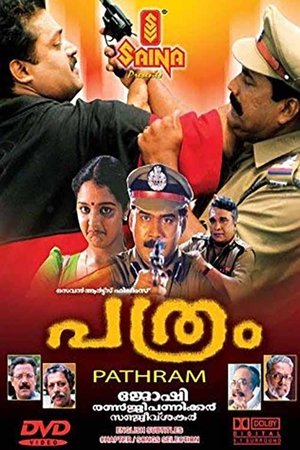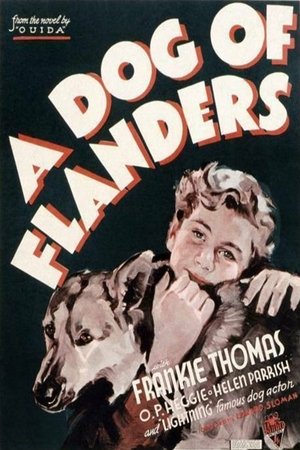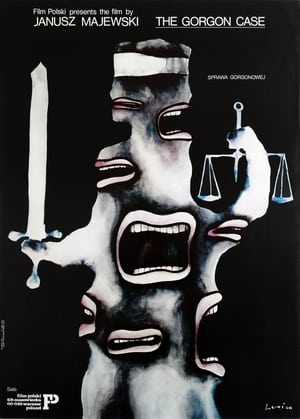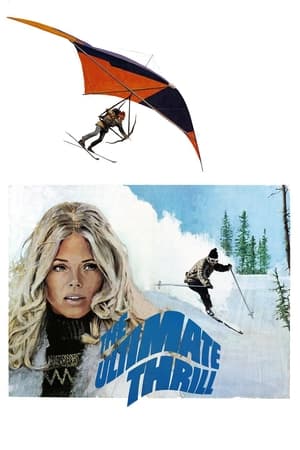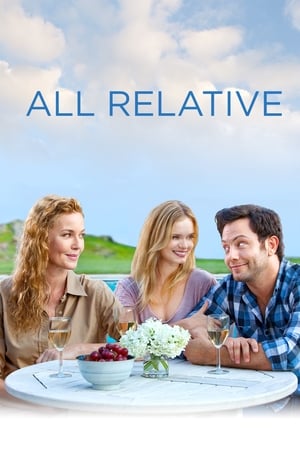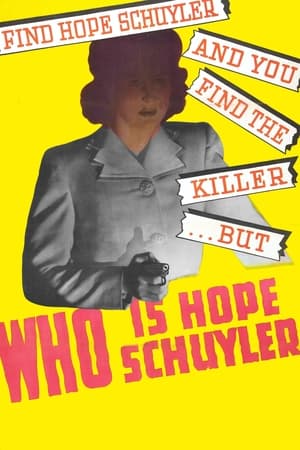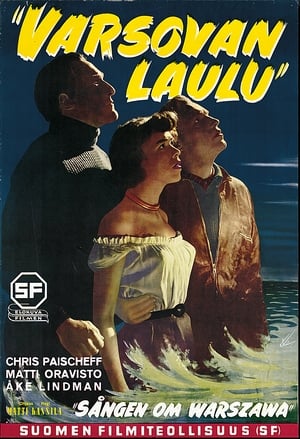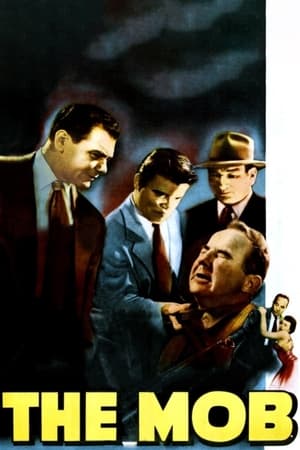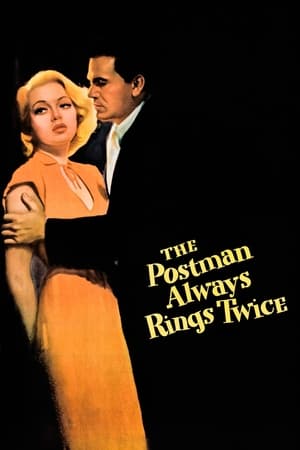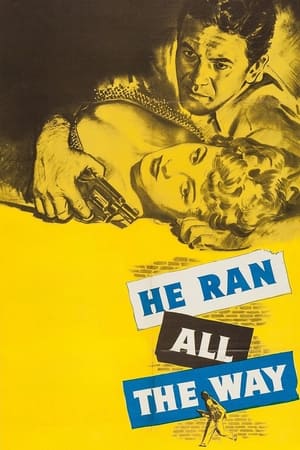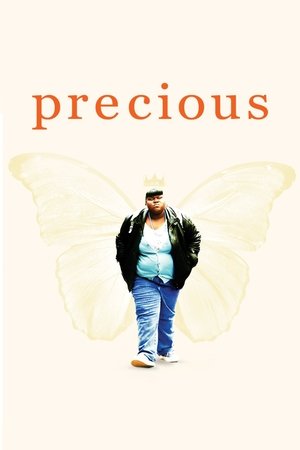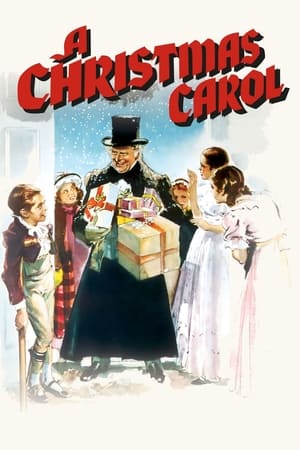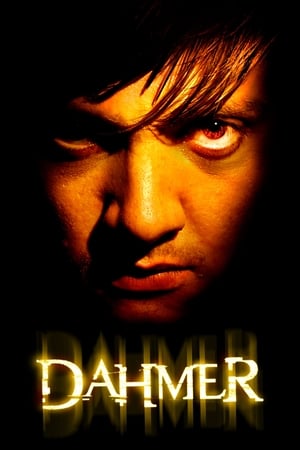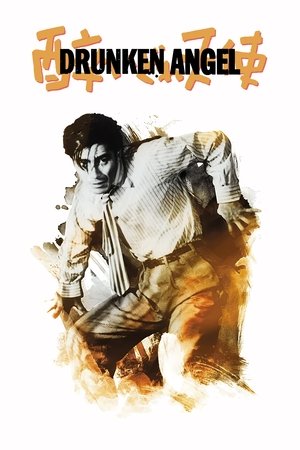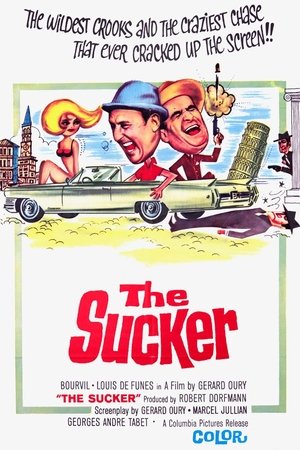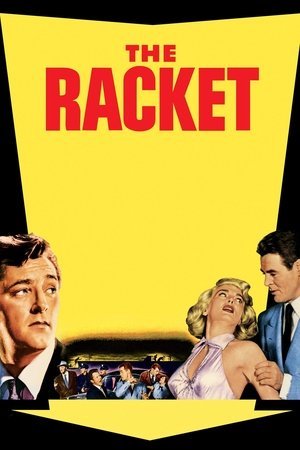Overview
A former Prohibition-era Jewish gangster returns to the Lower East Side of Manhattan over thirty years later, where he once again must confront the ghosts and regrets of his old life.
Reviews
Stereotypical Sergio Leone film with endless waitings and sight crossings.
One of the performances that made Robert de Niro de actor he is and an interesting way of telling a story and the evolution of America during the years of the alcohol prohibition.
**It's an excellent film, which proves the importance of good post-production, and how bad editing can ruin the whole thing.**
There are certain films that impress us so much when we see them that we are really surprised when we discover how ignored they were by the great awards. This film is one of them: I was really shocked to find that it wasn't even nominated for an Oscar or a Golden Globe… and I had to read a bit to understand why that happened.
The film is perhaps one of the best in Sérgio Leone's extensive filmography, and is often compared to other great gangster films such as "Godfather". I, personally, wouldn't dare to do that, but I could still put this film in the “top ten” of the great mobster films. Amazingly, it was a huge box office failure in the US because they insisted on releasing there an extremely cut version, with about two and a half hours. A version so forgettable and badly edited that no one understood the story and that the film had no chance of running for the highest awards in the industry! It was a shot in the foot and proves the importance of a good edition for the quality of the product. Sometimes a longer film is preferable to a sterile, abridged version.
The script is wonderful and follows the criminal path of a small group of youngsters from a Jewish community in New York, stretching from the 20s to the 60s. The story revolves around Noodles, but the main character ends up being Max, who becomes the gang's boss. The relationship between them is very well explored. However, not everything went well: there is a love sub-plot between Noodles and Deborah that is never taken further, there are several characters that seem too sketchy and underdeveloped and there are situations that the film doesn't know how to explore as it should (the most glaring being the violent death of the youngest gang member). I just can't say how many of these problems started in the editing room, with radical cuts in the story told.
Robert DeNiro was one of the first names to be hired for the cast, and had a say in the choice of several other actors. DeNiro is impeccable, and he provides us with excellent quality work. Moreover, I think that this helped to glue the actor's image a little to the criminal films in the popular imagination, along with “Taxi Driver” and “Goodfellas”. James Woods is also amazing in the role he has been given and leaves with this film his greatest film work. Elizabeth McGovern also does very well here, although I feel that the actress was not able to make her career take off afterward (I only saw her really successful now, with “Downton Abbey”). I also liked the brief, but remarkable, participation of Jennifer Connelly, still very young. And I feel sorry for Joe Pesci, because the actor is wasted by appearing only in a couple of scenes (perhaps another victim of the radical cuts in the editing room).
Leone uses everything he knows in this film and provides us with incredible, beautiful cinematography, which knows how to take advantage of slow camera movements, close-ups in the most striking scenes and intense colors. The flashbacks are quite well-marked, and anyone familiar with the cinematic resource will have no difficulty in following the temporal advances and retreats that take place. The special effects do their job well, the costumes are excellent, and the characterization has its moments (DeNiro has been masterfully aged, and very much resembles what he is today). As a film where crime and violence are things we expect to find, we have an array of violent scenes and graphic situations that include not only brutal murders, beatings and shootings but also teen sex, voyeurism and, most notably, a long and particularly graphic rape scene. It's not a movie for the faint-hearted. A final word for the soundtrack, by Ennio Morricone. It is highly regarded by connoisseurs and I admit it works, but I'm not a fan of the pan pipe. I feel it gives the film an oriental touch, it would be something I would expect more from a martial arts film soundtrack.
Told by way of a really potent (and well scored by Morricone) retrospective, this sits us down and takes us through a forty year period in the life of the now down-at-heel "Noodles" (Robert De Niro) and of the development of the city of New York. The contents of an old briefcase serve as an aide memoire as the retrospective illustrates just how he and three of his childhood friends decided that the gutter was not for them, and that using the "system" to get on was the only way. Prohibition, violence, crime, brutality were the currency back then and "Noodles" learned not to have scruples about such things. Love, romance feature too - choices, compromises and tragedy all feature as Sergio Leone and De Niro immerses us in the characterful and emotionally charged chronology. The film looks great, the attention to detail is superb, and a really strong supporting cast help offer us s sense that we are actually there for much of the time. Living and breathing the squalor, the danger, the opportunity and perhaps, the inevitability, of the paths these kids took in a the 1930s. It is very long, but that's effective rather than dull. It allows the characters to develop, to breathe and then to disappear - only, perhaps, to reappear in a different guise later on. Ageing is also a factor here too - just as they rose, others rise too with differing standards and ethics - their sense of loyalty and integrity not quite marrying up! No Oscar nominations which is really rather odd - this is easily one of the best, most authentic-looking, depictions of the rise of NYC that cinema has ever delivered. Director's cut on a big screen if you can - it helps focus the attention, shows the cinematography to best effect and helps appreciate just how vast Leone's vision was.

 229 min
229 min
 8.39
8.39
 1984
1984
 USA
USA
 Andres Gomez wrote:
Andres Gomez wrote: